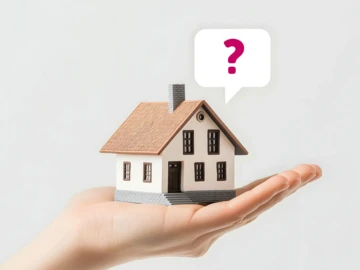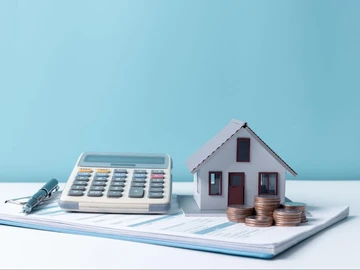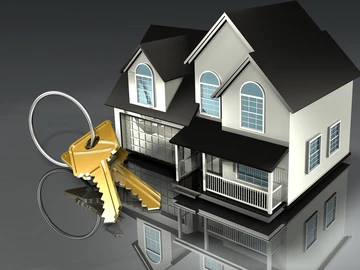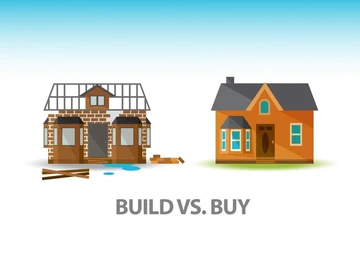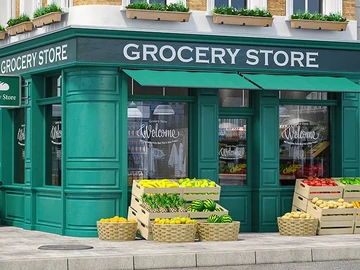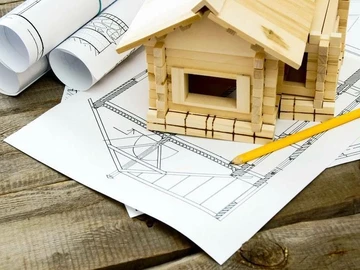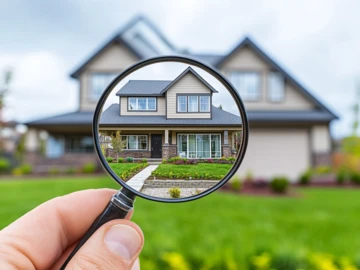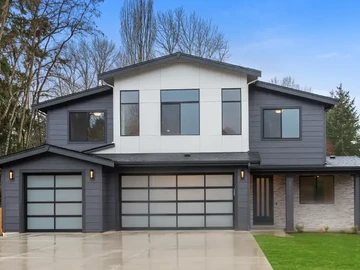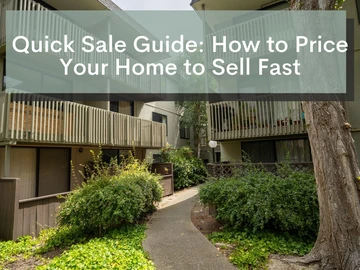Zimbabwe’s real estate sector is catching the attention of savvy investors across the globe from diaspora Zimbabweans returning home to regional buyers eyeing land and lifestyle opportunities in Harare, Victoria Falls, Bulawayo, and beyond.
But can foreigners legally buy property in Zimbabwe? What types of land are accessible, and how does the process work for non-residents?
In this guide, we break down everything non-residents need to know before purchasing property in Zimbabwe in 2025.
Quick Market Snapshot for Foreign Buyers (2025)
- Top cities foreign buyers invest in: Harare, Victoria Falls, Bulawayo, Mutare, Ruwa
- Most popular properties: Cluster homes, serviced stands, and holiday homes
Average prices (USD):
- Harare cluster home: $85,000 – $150,000
- Victoria Falls lodge-style property: $120,000 – $250,000
- Bulawayo suburban house: $60,000 – $95,000
Diaspora and international buyers: Driving up demand in secure, gated developments with modern infrastructure
1. Can Foreigners Own Property in Zimbabwe?
Yes, but with important restrictions.
Foreigners (non-citizens and non-permanent residents) can purchase property in Zimbabwe under the following conditions:
- The property must be freehold (private title deed) and not communal or leasehold land.
- The buyer must go through the normal legal conveyancing process.
- In some cases, approval from the Ministry of Local Government and Public Works may be required especially for agricultural or peri-urban land.
- Non-Zimbabweans cannot own agricultural land unless through long-term government leases.
Tip: Foreigners are most successful buying in urban areas or gated developments with full title deeds.
2. What Documentation Is Required?
Foreign buyers must provide:
- Certified copy of passport (and residence/work permit if applicable)
- Proof of income or funding (bank statement, remittance slip, or proof of funds)
- Tax Identification Number (if available)
- Name of a local legal representative or conveyancer
- Power of Attorney (if the buyer is not present during transfer)
Diaspora Zimbabweans with dual nationality must present both passports and declare residency status during transfer.
3. Legal Process for Non-Residents
|
Step |
Action |
|
1 |
Identify a property with full title or approved development status |
|
2 |
Sign an Agreement of Sale with seller or developer |
|
3 |
Appoint a registered conveyancer or lawyer |
|
4 |
Pay a deposit (often 10–30%) into an escrow account or lawyer’s trust |
|
5 |
Submit documents to the Deeds Office |
|
6 |
Complete full payment upon deed registration |
|
7 |
Obtain title deed in your name (or company name if applicable) |
4. Can a Foreign Buyer Use a Company to Purchase?
Yes. Foreigners often purchase real estate in Zimbabwe through a registered local company, especially when:
- Buying multiple properties or developments
- Seeking to bypass land ownership restrictions
- Partnering with a Zimbabwean citizen or resident director
Caution: Always ensure your company has clear shareholder agreements and compliance documents (e.g., CR14, tax clearance).
5. What Types of Properties Are Most Suitable for Foreign Buyers?
|
Property Type |
Why It’s Ideal |
|
Cluster Homes |
Gated, secure, easy to rent or resell |
|
Serviced Stands |
Build at your own pace; lower initial capital |
|
Townhouses or Apartments |
Good for lock-up-and-go lifestyle or holiday homes |
|
Commercial Units |
Ideal for retail, hospitality or office use |
|
Lodge-style Properties (Vic Falls) |
High rental returns from tourism markets |
6. Things to Watch Out For
Avoid:
- Properties without title deeds or under traditional authority
- Sellers offering "developer cession" without proper paperwork
- Paying deposits without signed contracts or lawyer involvement
- Buying agricultural or rural land without state approval
- Properties with unclear zoning or unpaid rates
Ensure:
- Title deed is verified
- Developer is credible and registered
- Legal fees and taxes are clearly outlined
- You understand Capital Gains Tax (paid by the seller, usually) and transfer duty
7. Can Diaspora Zimbabweans Send Money to Buy Property?
Yes. Zimbabweans living abroad can buy through:
- Direct remittances to law firms or developers
- Use of Power of Attorney for local signatories
- Offshore payments (if developer accepts international bank transfers)
Many developers now offer diaspora-friendly payment plans with instalments in USD.
Keyword tip: buying property from diaspora, remitting for property Zimbabwe, diaspora-friendly developments
Top Locations for Foreign Buyers in 2025
|
Location |
Highlights |
|
Borrowdale (Harare) |
Luxury, gated living, shopping & embassy proximity |
|
Madokero/Mabvazuva |
Modern clusters with flexible pricing |
|
Arlington Estate |
Close to airport, high growth corridor |
|
Victoria Falls CBD & Edge |
Ideal for tourism investment |
|
Burnside (Bulawayo) |
Quiet, serviced stands, affordable upmarket feel |
Final Word: Real Estate Access for Global Investors
Zimbabwe is open for property investment if you do it right. Whether you're a Zimbabwean living abroad or a regional investor eyeing growth potential, the market offers modern homes, attractive pricing, and long-term capital gains.
Work with reputable agents, verify documentation, and get legal representation. The opportunity is there you just need the right guidance.
Need Help?
- Browse foreigner-friendly listings on Property.co.zw
- Request our Free Legal & Buyer Checklist for Non-Residents
- Connect with verified agents who specialize in diaspora & foreign buyer support
 Continue with Facebook
Continue with Facebook
 Continue with Email
Continue with Email






